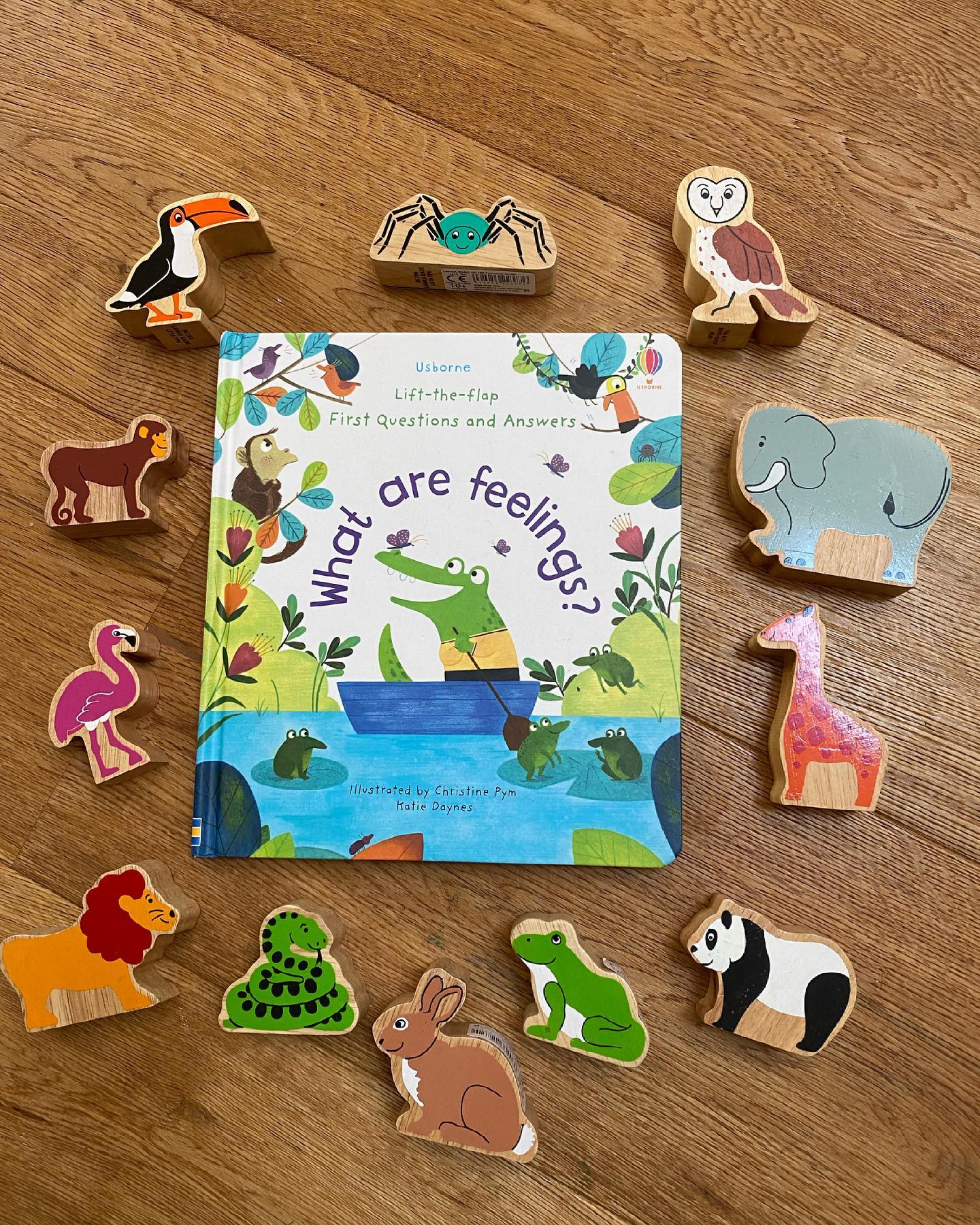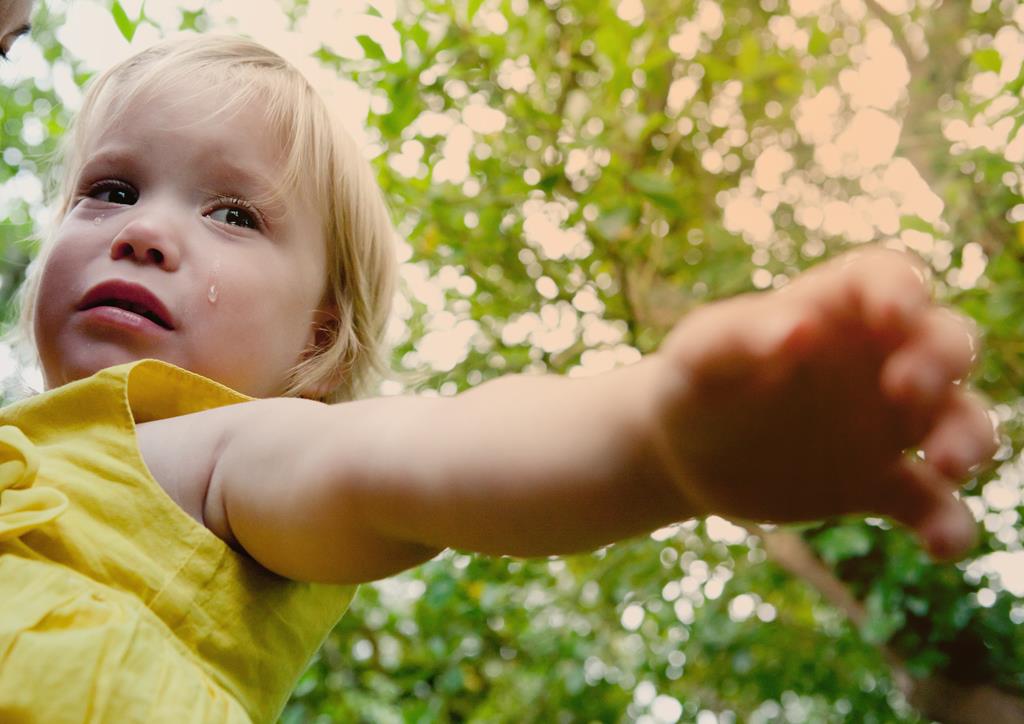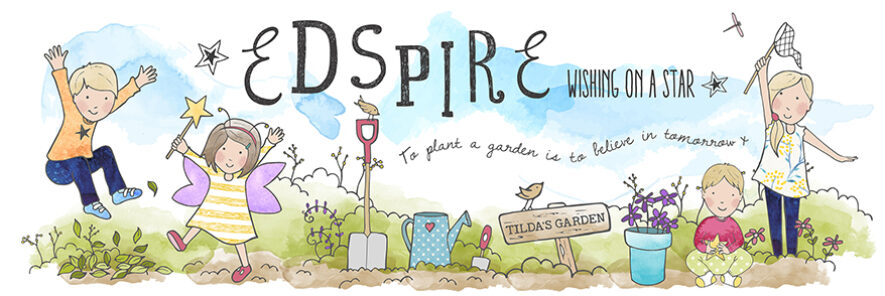This is a sponsored post
Developing emotional maturity takes time, and it’s something children may need a lot of support with. As parents, it’s our job to help our children manage big feelings such as anger, frustration, sadness or anxiety. They’ll need to learn how to first identify and then express these emotions appropriately, depending on who they’re with and what setting they’re in. Here a nursery in Shoreditch explores some ways you can help your child manage their emotions.
Help them pinpoint the emotion
The first step to learning to manage feelings is being able to accurately identify them. When you see that your child has lashed out at someone due to anger, or seems worried about something, discuss their feelings with them and help them see which emotion it is they’re actually experiencing. You can say things like, “It looks like you’re angry at the moment” or “I think you might be feeling a bit sad.” Being able to identify the emotion in this way will help your child understand how to manage it. You can also help them see the warning signs that their emotions are about to change, for example, getting tearful or going quiet. That way they can act appropriately straight away before things get out of hand.
Create a plan
Once your child is able to pinpoint exactly how they’re feeling, the next step is to create a plan of action for how they can manage each emotion appropriately. List all the feelings they might experience along with a coping strategy for each one; for example, they might find taking deep breaths helps with managing anger or frustration, or asking for a cuddle from you helps when they’re feeling sad. If they’re suffering from anxiety it might help to write their worries down to get them out of their head, and if they’re feeling scared they might need to do a familiar and comforting activity.

Practice the strategies
Once you’ve got some strategies in place, role play implementing them. Ask your child to imagine they’re beginning to feel a specific emotion and then start applying the appropriate coping strategy straight away. Of course they’ll need to learn to revert to their action plan as soon as they start feeling a big emotion in real life, so if you’re with them at the time remind them that they have a coping strategy all planned out for instances like this.

It takes time for children to learn to manage their emotions, but once developed it’s a skill that will stand them in good stead throughout their life.
